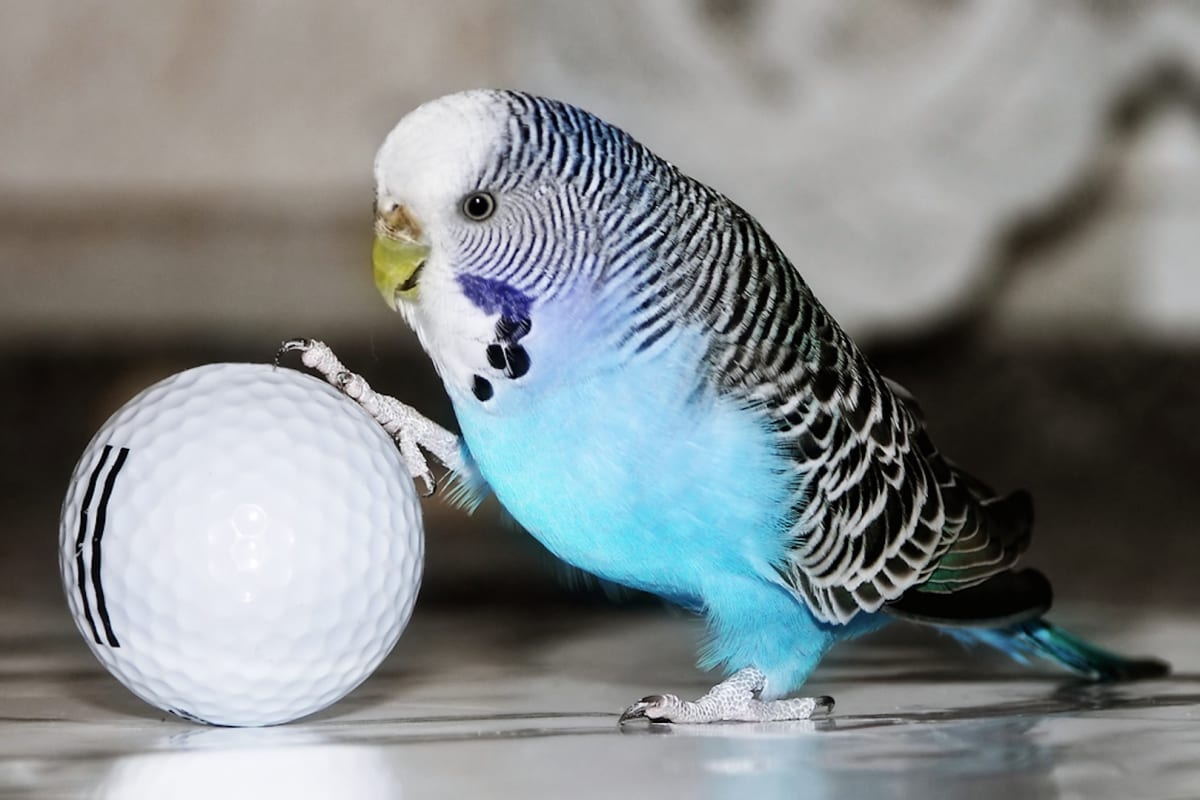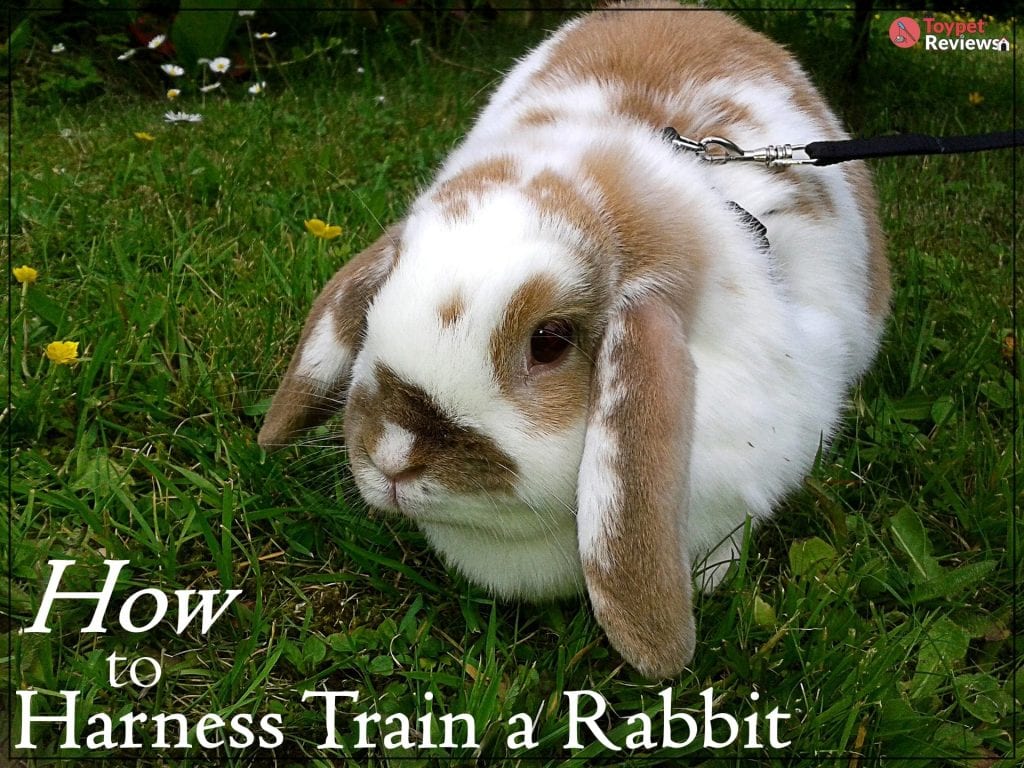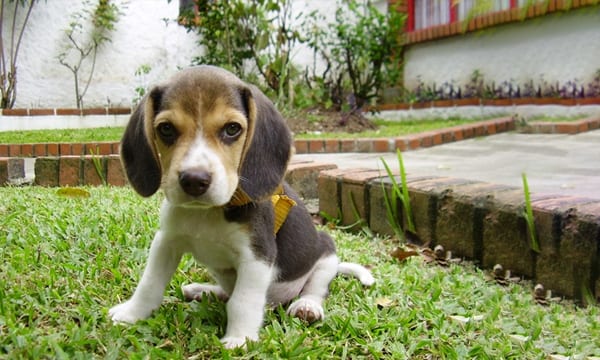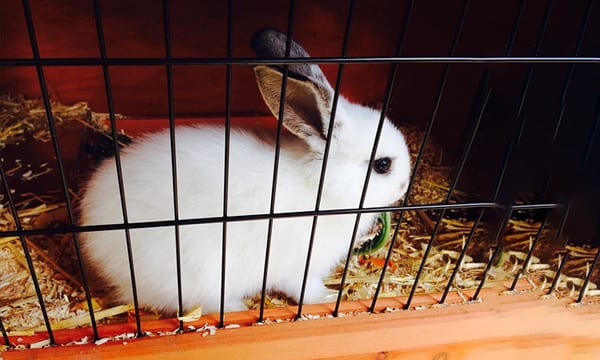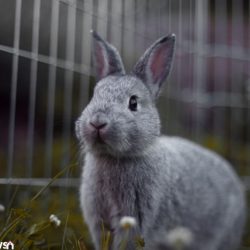Before we lay down our Fourth of July cat safety tips, let’s first lay down why this national celebration can be so dangerous for your feline.
For cats, the 4th of July can be terrifying, chaotic, and a real intrusion on their daily routine.
While it’s a fun celebration and a great reason for humans to get together with family and friends, cats don’t see it the same way.
They like routine, and summer celebrations are not part of their day-to-day life.
It’s more than a distraction for the felines, as most cats are fearful of loud noises like fireworks, parades, crowds, and unfamiliar people.
They become scared and disoriented.
That’s why more pets go missing over the Fourth of July weekend than any other time of year, according to the American Society for the Prevention of Cruelty to Animals.
Keep in mind, festivities can start before the 4th of July and extend a few days afterward.
Therefore, as a safety measure, keep your cat, or any pet, inside a few days before and after the holiday.
Loud Noises, just Part of the Problem
It’s not only the frightening noises that can cause panic; it can also be the burning smell of the firecrackers.
Explosions even miles away can cause cats to panic.
Remember: cats have a very keen sense of smell and hearing, much better than us humans.
In addition, potentially dangerous debris from fireworks or celebration revelers can end up lying on the ground.
So as a first Fourth of July cat safety tip, be sure your pet won’t play or eat any of them!
Keep in mind: exposure to lit fireworks can potentially result in severe burns and/or trauma to the face and paws of curious pets.
Even if the fireworks are just sitting idle, they can be poisonous to your pets.
Many types contain potentially toxic substances, including potassium nitrate, arsenic, and other heavy metals.
While fireworks are most likely the most terrifying part of the 4th, cats can easily get spooked by the parades, home barbecues, neighborhood celebrations, and loud party goers just passing by your home.
Today, we share several Fourth of July cat safety tips so that your feline friend will be safe and sound (and a lot less stressed) this summer!
Fourth of July Cat Safety Tips
Fireworks
1. Don’t make your cat, or any pet, go to the fireworks celebration
Leave them home. Pets have much better hearing than humans, and the noise is not only deafening but terrifying for them.
While us humans find the glitter entertaining, our pets become stressed and anxious.
This can lead to them bolting and running away from this frightening situation.
2. Keep your pets safe in a quiet, sheltered, and escape-proof area at home
Do this if you are setting off fireworks in your backyard or you know that your neighbors are going to be setting off a few.
Make sure your cat is in an escape-proof space because, as we all know, cats are especially good at magically getting through the door, no matter how careful we are.
Check for any loose screens or door handles.
Better yet, keep the windows shut and turn on a fan or air-conditioning to keep your cat cool.
3. Provide a hiding place for cats within that enclosed room
Cats will tend to run under a bed or under a chair to escape and hide from loud noises.
Your cat chooses these places because she or he feels protected and the noise of thunder or fireworks becomes more muffled.
If your cat has not already picked out a place, provide one by setting up a cat tree, a big easy chair, a coffee table, or even a set of makeshift boxes and pillows with your scent on them.
Don’t forget your bedroom could provide a perfect safe-haven too.
4. Have an extended play session with your cat
Do this before your guests start arriving and especially before the fireworks show.
This will help your cat chill-out and be less likely to bolt through the door from fear.
5. If your cat is afraid of loud noises, leave some quiet music going in the background
This will help cover up the noise from the fireworks or the incoming guests.
6. Consider investing in anti-anxiety calming pheromones to reduce anxiety and fear
Pheromone sprays are the most common thing you can get.
They are created in a lab to mimic the pheromones naturally produced by cats, which trigger their body into relaxing.
You can use them in diffusers that you plug into a standard wall outlet.
There’s also the option to spray them directly onto a cat’s bed or other objects they come into contact with.
7. Spend a little extra cuddle time with your cat
There’s nothing like the power of touch to make your kitty calmer.
Whether it’s fireworks, a parade, or some strangers in the house, this is bound to help you and your cat feel better.
If you have an inside/outside cat, we can’t stress how important it is to be sure the cat is inside.
Parades
1. First things first, be extra careful!
While we love to have our furry family members with us at all times, be extra careful if there’s a parade near-by.
They will be frightened by all the noise, even if the parade is a few streets away.
For cats, they will be extremely stressed by all the extra activity in the neighborhood, and well may go seeking a safe place to hide.
That can cause them to disorient and go missing.
In such cases, they are also at risk of getting hit by a car because of all the increased traffic.
It’s best to keep your kitty safe inside till all the festivities are long forgotten.
2. Make sure your pet has been microchipped
Even better, also have a pet-id so that if they go missing, you can easily be reunited with your felines.
When your pet goes missing, it’s stressful for them and for you. So just try and prevent this at all costs.
3. Have a photo of your cat on your phone (or more, because we all know how that works)
Just in the event your cat has become disoriented after finding a place to hide, be sure to have a current photo of it on your phone.
Any cat and animal lover will have tons of photos of their pets on their photo.
However, in this case, be sure to have a clear, frontal one, so that your cat is easily recognizable.
Be able to print it out for posters, in the event your cat does not return home in a timely manner.
Barbecues, Parties & Tail-Gate Events
Our pets aren’t used to all the hullabaloo of family get-togethers.
There’s people they don’t know. People coming and going in and out of your house.
The best place for your cat is in a safe, escape-proof room, inside the house.
While you may want your friends and family to meet your best furry friend, it’s safer to share some photos from your phone or tablet.
If your cat is stressed, and the door is open, it could so easily bolt.
While all that makes sense, there are some other safety tips that we, pet owners might not be aware of.
Many of these tips from the ASPCA extend well beyond the Fourth of July and can be useful all summer long.
Fourth of July Cat Safety Tips & Beyond
1. Never leave alcoholic drinks unattended where pets can reach them.
Alcohol, even beer, has the potential to poison pets.
If ingested, your pet could become very intoxicated and weak, severely depressed or even go into a coma.
In severe cases, it can result in death from respiratory failure.
2. Do not apply any sunscreen or insect repellent products on your pet.
More specifically, do not use such products if they are not specifically labeled as being safe to use on pets.
Ingestion of sunscreen products can result in drooling, vomiting, diarrhea, excessive thirst, and lethargy.
The misuse of insect repellent that contains DEET can lead to neurological problems.
3. Always keep matches and lighter fluid out of your pets’ reach.
Certain types of matches contain chlorates.
This could potentially damage blood cells and result in difficulty breathing—or even kidney disease.
4. Lighter fluid should be kept well away and out of reach.
This can be irritating to the skin, and if ingested, it can lead to gastrointestinal irritation and central nervous system depression.
A pet that inhales lighter fluid is at risk of developing aspiration pneumonia or other breathing problems.
5. Keep your cat away from the food table, including any left-overs or scraps.
Onions, chocolate, coffee, avocado, grapes & raisins, salt, and yeast dough can all be potentially toxic to our pets.
6. Keep citronella candles, insect coils, and oil products out of reach.
Ingesting any of these can potentially lead to stomach irritation and possibly even central nervous system depression.
If inhaled, the oils can cause aspiration pneumonia in pets.
Have you any Fourth of July cat safety tips of your own? Please, please share them with everyone to keep all our beloved pets safe!
Recommended: How Do Cats Survive Winter?
BJ is an award-winning blogger/journalist, communications professional and photographer. She has taken her talents to blogging and letting the world have a better understanding of cats.



